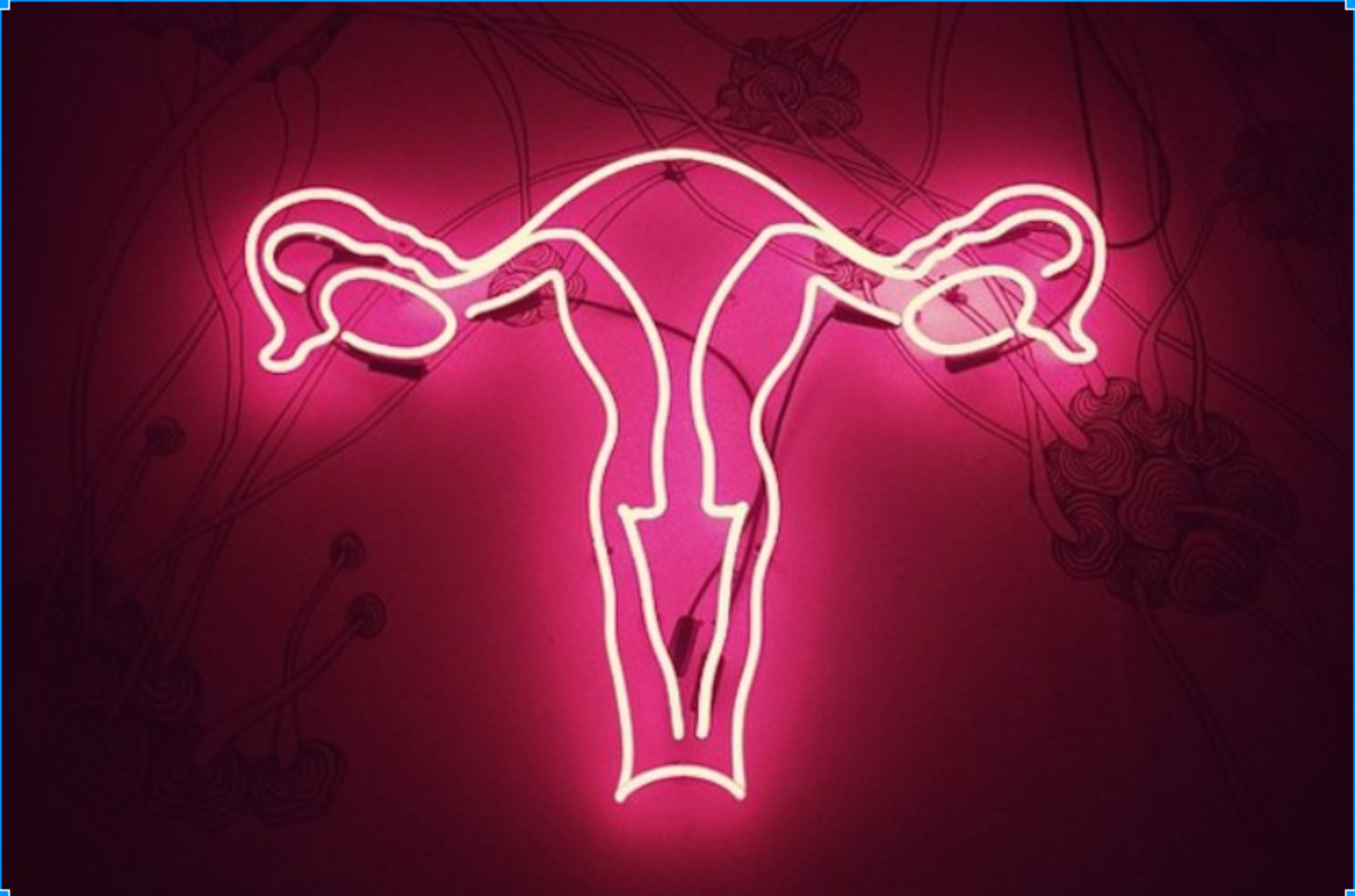Am I going to need certainly to go to court once I file bankruptcy?
Brief Solution: In many bankruptcy situations, you simply need to head to a proceeding  called the “meeting of creditors”, which is a quick and simple conference what your location is expected a couple of questions by the bankruptcy trustee. Whilst the conference is held during the courthouse, the conference does not occur in a courtroom.
called the “meeting of creditors”, which is a quick and simple conference what your location is expected a couple of questions by the bankruptcy trustee. Whilst the conference is held during the courthouse, the conference does not occur in a courtroom.
Periodically, if problems arise, you may need certainly to appear at a hearing right in front of the bankruptcy judge. In a Chapter 13 situation, you might need to appear at a hearing once the judge chooses whether your plan must be authorized (although in Minnesota that is not really often). If you want to head to court, you may receive notice associated with court date and time from the court or your lawyer who can allow you to get ready for your look.
Can I acquire any such thing after bankruptcy?
Quick Answer: Absolutely! This might be one of the countless “urban legends” that surround bankruptcy. Many individuals think they can’t possess any such thing for some time after filing for bankruptcy. You can easily keep your exempt home and such a thing you have after the bankruptcy is filed. But, in the event that you get an inheritance, a house settlement, or life insurance policies within 180 times after filing bankruptcy, that property or money may need to be provided with to your creditors in the event that home or cash is maybe perhaps not exempt.
Just exactly exactly What home can I keep if we file Bankruptcy?
Quick response: Both Minnesota and Wisconsin permit you to select either Federal exemptions that are set down in the Federal Statues or state exemptions that are organized by state legislation. Bankruptcy exemptions know what home you’ll and should not keep once you file bankruptcy.
In a Chapter 13 situation, you are able to keep all your property so long against it or pay the trustee at least the non-exempt value of any of your assets as you continue to pay any loan you have.
In a Chapter 7 instance, you can easily keep all home that is “exempt” (protected) through the claims of creditors. Therefore, in the event that property by which you have equity comes for the advantage of creditors, the amount that is exempt be provided with back into you. In the event that home may be worth lower than the bankruptcy exemption, but, it shall never be offered and you will certainly be permitted to ensure that it stays.
An alternative choice that your particular lawyer will talk about is attempting to sell any non-exempt property before we file your petition after which utilising the money from the purchase within an manner that is appropriate. By doing this, you can maintain the worth for the unprotected bit of home. You really need to speak with legal counsel before you offer or hand out any property before you file bankruptcy . Simply it doesn’t mean that the trustee can’t get it because you no longer possess.
What the results are up to a co-signer once I file bankruptcy?
Brief response: If some body cosigned a loan for your needs, she or he it’s still regarding the hook if that loan is eliminated in bankruptcy and can need certainly to spend the mortgage. This might cause in your relationship if your cosigner is a relative, you can imagine the stress. When you yourself have a cosigner you need to protect, you’ll need certainly to think about negotiating an alternate repayment plan along with your creditor or filing Chapter 13 bankruptcy.
Whom qualifies for Chapter 7 bankruptcy?
Brief response: there clearly was great deal that goes in determining an individual’s eligibility to apply for Chapter 7 Bankruptcy. The Bankruptcy Abuse Prevention and customer Protection Act of 2005 (BAPCPA) made alterations that are several United states bankruptcy regulations. One provision that is main to produce it harder for people to apply for Chapter 7 bankruptcy. Chapter 7 has become a extremely option that is attractive debtors because of the fact that many debts could be entirely forgiven.
